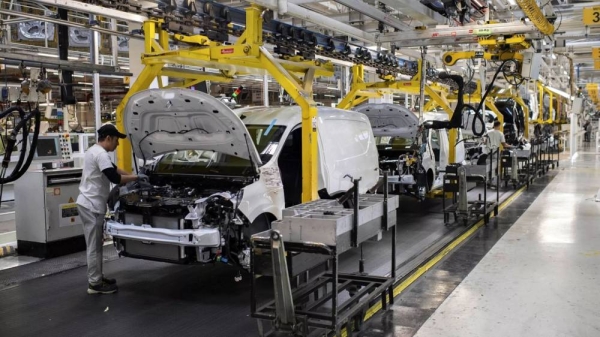The European Commission has approved steep tariffs on electric vehicles (EVs) made in China, which will remain in place for the next five years. The decision comes after an investigation into the unfair practices of Chinese producers, who allegedly receive extensive subsidies leading to artificially lower prices compared to European competitors. The tariffs, which vary by brand, aim to level the playing field and protect the European industrial base. Despite the introduction of tariffs, Brussels is committed to finding a solution with Beijing that complies with World Trade Organization (WTO) rules.
The tariffs, which range from 7.8% to 35.3% depending on the brand, are intended to offset the effects of the subsidies injected by Beijing into the Chinese EV sector. Chinese firms have seen a significant increase in market share in Europe, prompting concerns about the sustainability of EU carmakers in the face of intense global competition. The European Commission has warned that without forceful action, the European automotive industry could suffer irreversible losses, leading to plant closures and job losses.
Brussels has been in negotiations with Beijing in an attempt to secure a deal on minimum prices that could replace the tariffs. However, the complexity of the solution proposed by Germany has made implementation challenging. Despite the obstacles, the European Commission remains committed to finding a solution that is enforceable by customs duties and complies with WTO rules. China has consistently denied the existence of subsidies and denounced the Commission’s probe as a “naked protectionist act,” threatening retaliatory measures against EU industries.
Even with the introduction of tariffs, Europe remains one of the few wealthy markets open to Chinese high-end EV products, as the United States and Canada have already implemented 100% tariffs on Chinese EVs. The decision by the European Commission to impose tariffs on Chinese EVs is a significant step in protecting the European automotive industry from unfair competition and ensuring a level playing field for all manufacturers. By standing up for fair market practices, the Commission hopes to secure a sustainable future for the European industrial base in the rapidly growing EV market.











